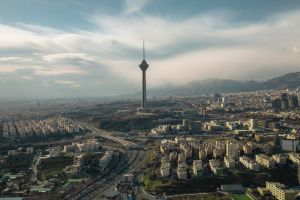Manipulated Society: Paralyzing the Masses in Post-revolutionary Iran

The Islamic Republic of Iran has promoted despondency and hopelessness to the extent that citizens become paralyzed and incapable of challenging the political status quo.
Social riots, popular uprisings, and revolutions are among the threats that could have jeopardized the stability of the Islamic Republic of Iran (IRI) in its recent history. Since 1979, the clerical establishment has utilized a number of institutions and social groups and applied various strategies to control Iranian society and neutralize such threats, including policies used to silence the masses and force public allegiance to the Islamic Republic. One of Iran’s key strategies involved social manipulation, which includes the “engineering” of the minds, bodies, and emotions of its population. In addition to distributing massive amounts of propaganda and regulating and disciplining citizens’ bodies, the Islamic Republic has deliberately been depressing Iranian citizens through a policy which I call the “politics of sadness.” Through this strategy, the IRI has promoted despondency and hopelessness to the extent that citizens become paralyzed and incapable of challenging the political status quo. The result has simultaneously been satisfying the more conservative and religious parts of society while suppressing its more progressive social spheres. Through these policies, the Islamic Republic has been able to maintain power and has survived despite several social protests that have occurred in the last two decades.

